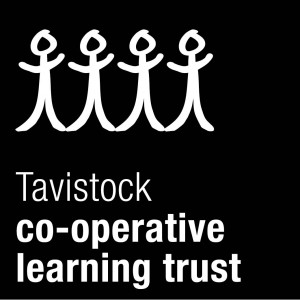When I started writing this it was Wednesday. Seems a lifetime ago. I had to give up a couple of times and start all over again, such is the rapidity of the changing expectation on schools. It is anticipated that we will adapt and change to the Government’s instructions because they seem to be incapable of not only making their mind up and sticking to a course of action, but lack the ability to pre-publish back up plans that would help us understand what is expected of us. Nevertheless, you, as ever, have risen to the challenge, stumbled a bit, got your heads round things as the true professionals you are and stepped up. We do this because we care deeply about our communities, parents and, of course, our students. Their success is our motivation. Just reflecting on the last five days, we have
- Returned to school expecting to be teaching year groups that never materialised
- Implemented a new lockdown RA
- Moved learning online
- Re-devised remote learning when we found our plans were not working
- Increased the expectations to 5 hours of remote teaching a day.
- Hosted exams
- Cancelled said exams
- Delivered food parcels to disadvantaged families (it takes about 4 hours)
- Set up and trained colleagues to run the lateral flow testing station
- Taken part in testing
- Been teaching over 100 students in school
- Absorbed the frustration of justifiably anxious parents and students
- Read 5 different DfE updates, some published late at night for implementation the next day.
- Listened to a SOS who thought it was appropriate to threaten an over stretched profession with ofsted.
That was this week. Who knows what will happen next?!
There are reasons that we do not break under this pressure. One of them is the sense of solidarity that is created when, faced with a challenge, your colleagues can offer. This is one of the advantages of working in school, side by side. Another is an ability to not take criticism personally and to be prepared to change direction. Finally, developing an understanding of what it means to be resilient during periods of change.
I will use one example. Sadly, a colleague had a conversation with me earlier, when after producing an excellent resource, was the victim of intense criticism from a parent. Her words were ‘I am made to feel like a failure’. Of course, I know that she is far from a failure and the comments were simply a reflection of the parent’s extreme anxiety and frustration with the national lockdown.
The word failure puts forward a very simplistic way of thinking that allows for only two possibilities: failure or success. Few things in the universe are black and white, yet much of our language reads as if they are. The word failure signifies a paradigm in which all subtlety is lost. When we regard something we have done, or ourselves, as a failure, we lose our ability to see the truth, which is no doubt considerably more complex. In addition, we hurt ourselves. All you have to do is speak or read the word failure and see how it makes you feel.
At some point, the word may not have been so loaded with the weight of negativity, and it simply referred to something that did not go according to plan. Unfortunately, in our culture it is often used very negatively, such as when a person is labelled a failure, even though it is impossible for something as vast and subtle as a human being to be reduced in such a way. It also acts as a deterrent, scaring us from taking risks for fear of failure. It has somehow come to represent the worst possible outcome. Failure is a word so burdened with fearful and unconscious energy that we can all benefit from consciously examining our use of it, because the language we use influences the way we think and feel.
Next time you feel like a failure or fear failure, know that you are under the influence of an outmoded way of perceiving the world. When the word failure comes up, it’s a call for us to apply a more enlightened consciousness to the matter at hand. When you are consciously aware of the word and its baggage you will not fall victim to its darkness. In your own use of language, you may choose to stop using the word failure altogether. This might encourage you to articulate more clearly the truth of the situation, opening your mind to subtleties and possibilities the word failure would never have allowed.
I will end with just one word. Thank you. For everything you have adapted to, cried over, and stood up for. I am humbled by your resilience and power. We have a school, and a profession, to be proud of.
















